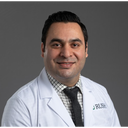Thank you for your question about the recovery process following a tummy tuck, including how long drains typically remain and when you can return to work. These factors can vary depending on the specific procedure and your body’s healing response.







